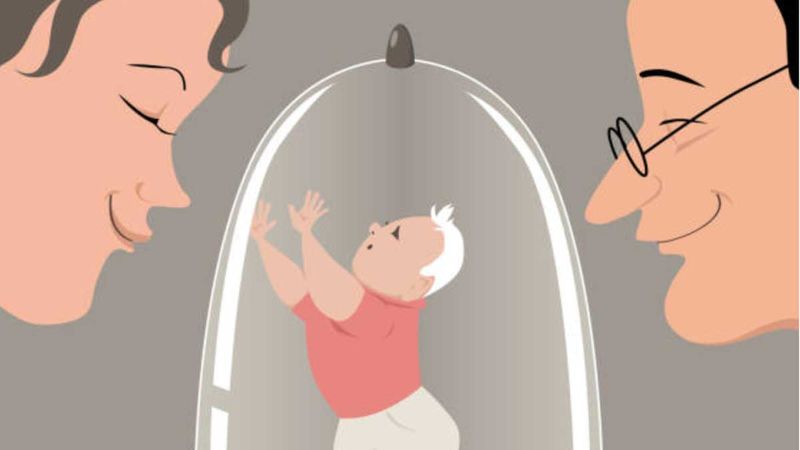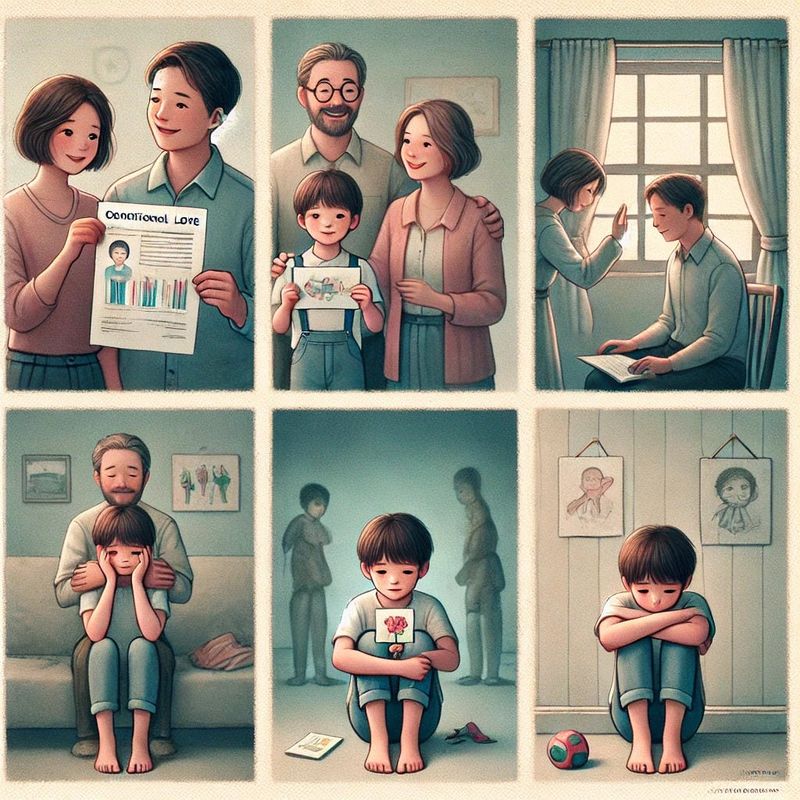As children grow into adulthood, they often reflect on their upbringing with a mix of gratitude and critique. The relationship between parents and their adult children can be complex and multifaceted, marked by love and sometimes unspoken resentments. This blog delves into twelve specific grievances that adult children may harbor towards their parents, exploring the roots of these feelings and how they manifest in relationships.
1. Overbearing Expectations

With dreams often molded by their parents’ expectations, adult children find themselves grappling with pressure. From childhood, they are told to chase certain careers or maintain lifestyles that reflect their parents’ ideals. This pressure can lead to stress and dissatisfaction when their true passions are stifled.
Resentment brews when adult children feel their choices are dismissed. The weight of expectations can overshadow personal achievements, leaving them questioning their self-worth. Balancing parental desires with personal aspirations becomes a lifelong struggle, impacting self-esteem and happiness.
2. Lack of Emotional Support

Emotional neglect leaves lasting scars. Many adult children recall moments when they needed a comforting word or a supportive presence, only to find absence. This void creates a chasm between them and their parents, as emotions remain unvalidated.
When emotional support is lacking, connections fray. Adult children may struggle with expressing feelings, fearing judgment or indifference. This emotional gap fosters resentment, making it challenging to form deep relationships. The craving for understanding and empathy continues to shape their emotional landscape.
3. Unfair Comparisons

Sibling rivalry can be fueled by unfair comparisons. Adult children often recount being measured against siblings, cousins, or peers, feeling overshadowed or undervalued. This constant comparison diminishes individuality and breeds resentment.
Being compared creates a sense of inadequacy. Achievements feel less significant when they are always juxtaposed with someone else’s. This can lead to a lifelong quest for validation and approval, straining relationships with both parents and siblings. Unfair comparisons leave a lasting mark on self-confidence and self-worth.
4. Overprotectiveness

Ever felt coddled? Overprotectiveness can stifle growth. Many adult children express frustration at being shielded from life’s challenges, leaving them ill-prepared for adulthood. This protective cocoon can hinder independence.
While parents aim to safeguard, overprotection can limit experiences and learning. Adult children feel constrained, yearning for freedom to make mistakes and learn. This leads to resentment as they navigate adulthood without essential life skills. The balance between protection and independence is delicate but crucial for growth.
5. Lack of Privacy

Privacy is a personal sanctuary. Adult children often resent parents who invade their personal space, be it physical or emotional. This intrusion can feel suffocating, stripping away autonomy and privacy.
Unsolicited advice or prying questions about personal matters can strain relationships. The lack of boundaries leaves adult children feeling exposed and vulnerable. Resentment grows from the desire for space and respect, essential for healthy adult relationships. Privacy needs to be acknowledged, fostering trust and mutual respect.
6. Neglect of Individuality

Individuality is vital. Many adult children feel stifled by parents who impose their values, stunting personal growth. This neglect of individuality leads to resentment as they are unable to fully express themselves.
Conformity may feel like safety to parents, but it hinders self-discovery. Adult children crave acceptance for who they are, not what they’re expected to be. The battle for individuality versus parental ideals can leave lasting emotional impacts, shaping identity and self-expression.
7. Financial Control

Financial strings can bind tight. Adult children often resent financial control exerted by parents, which can feel like manipulation. Conditional support may undermine financial independence and decision-making.
Money becomes a tool for control, impacting choices and lifestyle. This can lead to feelings of indebtedness and resentment. Adult children strive for financial autonomy, desiring relationships free from monetary influence. The balance between financial support and control is essential for fostering independence and trust.
8. Dismissive of Opinions

Voices need to be heard. Many adult children find their opinions dismissed by parents, leading to feelings of insignificance. When viewpoints are ignored, it creates a rift, fostering resentment.
Constructive discussions are crucial for mutual respect. Dismissal of opinions can hinder open communication, making adult children feel undervalued. They seek acknowledgment and respect for their perspectives, striving for dialogue rather than monologues. The dismissal of opinions can erode confidence and self-expression.
9. Unresolved Childhood Conflicts

Old wounds linger. Unresolved conflicts from childhood often resurface in adult relationships, breeding resentment. When past disputes remain unaddressed, they cast shadows over current interactions.
Healing requires confronting these issues, yet many parents and children struggle with communication. Resentment grows from the lack of resolution, impacting emotional well-being. Adult children yearn for closure and understanding, seeking to mend bridges rather than burn them. Addressing childhood conflicts is key to nurturing healthy relationships.
10. Conditional Affection

Love should be unconditional. Adult children often resent affection that feels conditional, tied to achievements or behavior. This undermines the authenticity of parental love, fostering insecurity.
Affection becomes a currency, exchanged for compliance or success. Adult children long for genuine, unconditional love, free from expectations. When affection is conditional, it distorts self-worth and the parent-child bond. The desire for authentic love remains a poignant theme in adult relationships with parents.
11. Criticism Overachievements

Achievements marred by criticism. Adult children often feel their successes are overshadowed by parental criticism, leaving a bittersweet aftertaste. Rather than celebrating accomplishments, they encounter scrutiny.
This critical lens diminishes the joy of achievement, fostering resentment and self-doubt. Adult children desire recognition and pride without the shadow of criticism. Balancing constructive feedback with encouragement is crucial for nurturing confidence. Parental criticism can leave deep emotional imprints.
12. Lack of Apologies

Apologies mend fences. The absence of parental apologies can leave adult children feeling undervalued. When parents fail to acknowledge mistakes, it hampers healing and understanding.
An apology can be a powerful tool for reconciliation. Adult children seek acknowledgment of past wrongs, yearning for validation. The lack of apologies fosters resentment, as unresolved issues linger. Embracing humility and offering sincere apologies can strengthen bonds and promote healing in adult relationships.
Hi all, I am Sidney, an accountant, a hobbyist photographer, and a mother to two sweet girls who are my motivation. I love sharing the tips and tricks I gained all these years I’ve been a mother. I hope it will help you!

